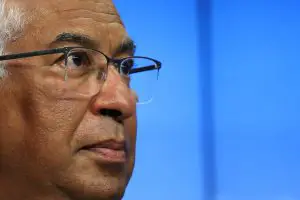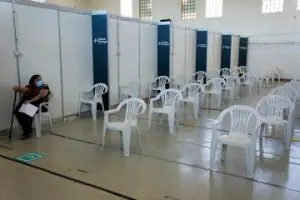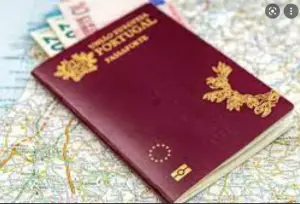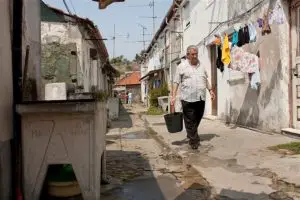Portugal faces a snap election
… after MPs reject government budget.

Various sources report that Portugal’s parliament yesterday rejected the minority Socialist government’s proposed state budget for 2022 in a move expected to trigger an early election and put a brake on the country’s post-pandemic recovery plans.
The budget proposed by Prime Minister António Costa was defeated by 117 votes to 108, with five abstentions. After weeks of negotiations, the moderate Socialists were deserted by their hard-left allies from the Communist Party and the Left Bloc. These have helped shore up the government’s power over the past six years by voting for its policies or abstaining, but the left-wing parties had stated earlier this week that they would not support Costa’s Socialist party (PS).
It is the first time a budget law has been rejected in Portugal since the country entered a democracy in 1974.
Portugal’s conservative president had warned that he will use his power to dissolve parliament and call early legislative elections if the budget is rejected. President Marcelo Rebelo de Sousa, who has no executive powers but oversees the running of the country, had warned that he would call an early election if parliament did not approve next year’s government spending plan. He could make an official announcement next week, after consultations with political parties and others.
PM Costa stated on Tuesday that he would not resign and would “face up to the difficulties”. “My conscience is clear”, he told lawmakers, although adding that the result was a “personal defeat”. “Because I did all I could to make this budget work without adding anything to it that would be to the country’s detriment.”
Referring to economic recovery efforts, he said “the last thing Portugal needs, and the Portuguese deserve, is a political crisis at this moment.” Costa had earlier appealed to MPs to back the bill and “respect the Portuguese citizens who do not want a political crisis.”
Ruling coalition in tatters
The ruling coalition government was thrown into disarray when their ally – the Communist Party (PCP) – refused to back the proposed budget. Meanwhile, the Bloco de Esquerda (BE) – which has traditionally supported the Socialists – has been engaged in intense negotiations with the government in recent days.
Both parties have accused Costa’s government of not doing enough in the draft budget to increase the purchasing power of ordinary Portuguese citizens and improve public services. Costa told MPs on Tuesday that his government had made a “serious effort to come closer” to the parties’ wishes.
The centre-left PS held only 108 seats in Portugal’s 230-seat parliament and was relying on support from allies for the budget to receive approval.
Portugal’s President de Sousa issued a stark warning on Monday as the bill seemed likely to be rejected. “My position is very simple; either there is a budget or there will be a dissolution,” the head of state said.
President de Sousa could make an official announcement next week on an election, after consultations with political parties and others. Due to constitutional requirements that must be met before an election can be held, and taking into account the Christmas vacation period, the early election would probably take place in January. That means a new 2022 spending program probably wouldn’t go before parliament before April.
The next legislative elections in Portugal are currently scheduled for autumn 2023. Recent opinion polls suggest the Socialists would easily win a snap vote but would again fall short of a parliamentary majority.
The timetable consigns Portugal to months of political limbo just when the government was poised to fire up the economy after the COVID-19 pandemic by deploying 45 billion euros ($52 billion) in aid from the European Union.






